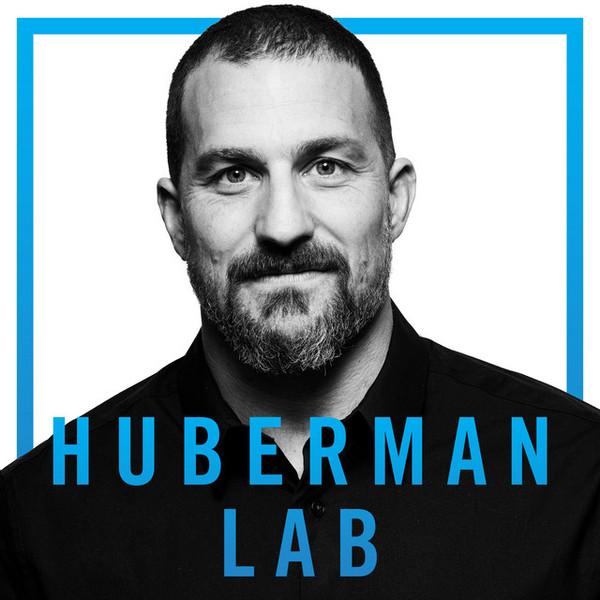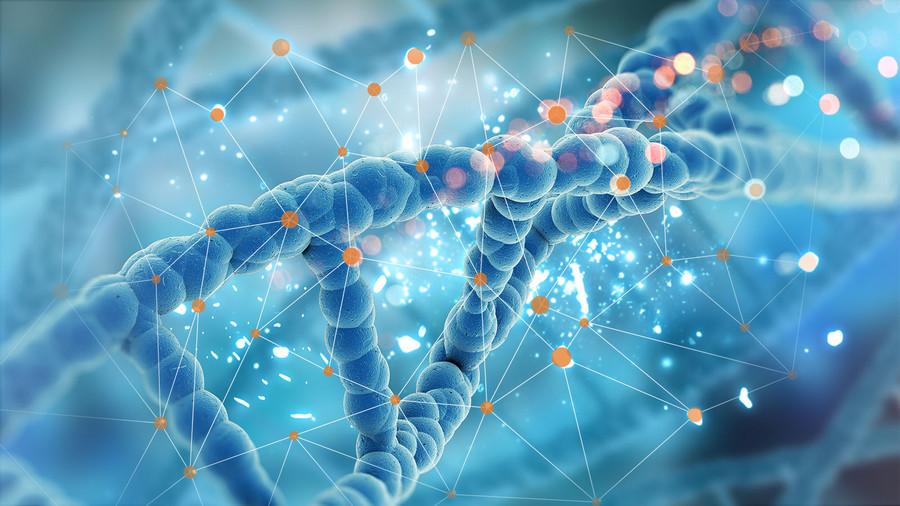Dr. Peter Attia: Exercise, Nutrition, Hormones for Vitality & Longevity | Episode 85
Curated from: Huberman Lab
Ideas, facts & insights covering these topics:
10 ideas
·21.4K reads
103
2
Explore the World's Best Ideas
Join today and uncover 100+ curated journeys from 50+ topics. Unlock access to our mobile app with extensive features.
The frequency of blood work
- Everybody should be screened early in life.
- The frequency with which you need to test really comes down to the state of interventions. It doesn't make sense to just do blood tests for the sake of doing blood tests. There has to be kind of a reason. Is something changing?
- A blood test is, for the most part, a static intervention. It's a look at a window in time. And there's benefit in having a few of those over the course of a year if you're unsure about a level.
- Doctors might check blood 2-4 times a year, but they can also do things there to check reactions to certain drugs or diets.
211
3.23K reads
Vectors of longevity
The 2 vectors of longevity: lifespan (whether you are alive and breathing) and healthspan (how many healthy years you live).
- What gets in the way of lifespan? The four horsemen of disease: atherosclerotic disease, cancer, neurodegenerative disease, and metabolic disease, which directly isn't the cause of many deaths, but creates the foundation for all of those other diseases. Blood testing of biomarkers provides pretty good insight into lifespan.
- When you get into healthspan, you have kind of the cognitive, physical, and emotional domains. Here, the biomarkers are far less helpful, and you re
ly more on functional testing.
209
2.76K reads
On biomarkers
- Atherosclerotic disease: ApoB is the most important biomarker.
- There’s a blind spot when it comes to cancer: blood testing & biomarker testing for cancer aren’t usually the most helpful unless/until blood biopsies are more prevalent.
- Biomarkers can be helpful for dementia but not most other neurodegenerative diseases – “The same things that drive the risk of heart disease are driving the risk of dementia.”
- Lipoprotein(a): you are born with this; it’s the single most prevalent genetic driver of atherosclerosis (but unfortunately most physicians don’t know what it is).
217
2.32K reads
Quantitative measurements of weight, BMI, for the typical person
An annual DEXA scan is a more comprehensive measurement than BMI – but you certainly want to monitor weight.
A DEXA is a moving x-ray. So you lay down on a bed and it takes maybe 10 minutes and this little, very low power x-ray goes over your body. It measures body fat percentage, bone mineral density, visceral fat, appendicular & lean mass metrics; visually, the definition of your abs is not a bad way to assess your fat visually
213
2.01K reads
The marginal decade
A marginal decade is the last decade of your life. So everyone will have a marginal decade. And outside of people who die suddenly or through an accident, most of us know when we're in that marginal decade.
Until a person can tell you what it is that they want to be doing in that last decade, you can't design a program to get them there. Explicitly define what you want your marginal decade to look like, and then you sort of back script from there, figure out what you should be doing, given their current health status. This is called backcasting.
211
1.84K reads
Smoking as a cause of mortality
Smoking is approximately a 40% increase in the risk of ACM (all-cause mortality). It means at any point in time, there's a 40% greater risk that you're going to die relative to a non-smoker and a never-smoker.
It doesn't mean your lifespan is going to be 40% less. It means at any point in time, your risk of death is 40% higher. At some point that catches up.
198
1.83K reads
Nicotine and cognitive focus
Augmenting acetylcholine through nicotine (not by smoking) is effective for enhancing concentration and focus.
On the list of things that you can do to make your brain a little more focused, this is infinitely safer than what a lot of people are doing, which is using stimulants.
209
1.92K reads
"Fixing" testosterone
There's a group of people who think "if I could just fix my testosterone, everything will be better." But actually, that's not true at all.
The only purpose of fixing testosterone is to give you the capacity to work harder. It's really going to help you recover more from your workouts. This should just give you a greater ability to experience muscle protein synthesis.
So if you get a bunch of testosterone and you sit on the couch and your nutrition doesn't change and you're not exercising anymore, you're not going to experience any benefits of this thing.
213
1.88K reads
Apolipoprotein B, diet, and statins
- ApoB is the concentration of LDL and VLDL particles. And they carrycholesterol and triglycerides. So anything that reduces cholesterol and reduces triglycerides, is going to reduce ApoB.
- Triglycerides are generally driven by carbohydrate intake. So more insulin resistance, more carbohydrate intake, and more triglycerides. If you restrict carbohydrates, you will reduce triglycerides. But if you reduce triglycerides by raising fat intake so much, it can still raise ApoB.
- Statins work by inhibiting cholesterol synthesis; the liver is really sensitive to cholesterol levels - it doesn't want too much
, it doesn't want too little. When you inhibit cholesterol synthesis, the liver says, I want more cholesterol. So it puts more LDL receptors on its surface, and it pulls the LDL out of circulation. That's what lowers the LDL in circulation.
205
1.66K reads
Metabolomics
Metabolomics is just the study of metabolites. Metabolites can be defined as endogenous compounds such as amino acids, lipids, sugars, organic acids, etc., which are routinely being formed in the anabolism or catabolism process.
188
1.99K reads
IDEAS CURATED BY
Kaleb 's ideas are part of this journey:
Learn more about exerciseandfitness with this collection
The importance of physical activity
The role of genetics in lifespan
How to maintain a healthy diet
Related collections
Similar ideas
11 ideas
5 ideas
17 ideas
Read & Learn
20x Faster
without
deepstash
with
deepstash
with
deepstash
Personalized microlearning
—
100+ Learning Journeys
—
Access to 200,000+ ideas
—
Access to the mobile app
—
Unlimited idea saving
—
—
Unlimited history
—
—
Unlimited listening to ideas
—
—
Downloading & offline access
—
—
Supercharge your mind with one idea per day
Enter your email and spend 1 minute every day to learn something new.
I agree to receive email updates





